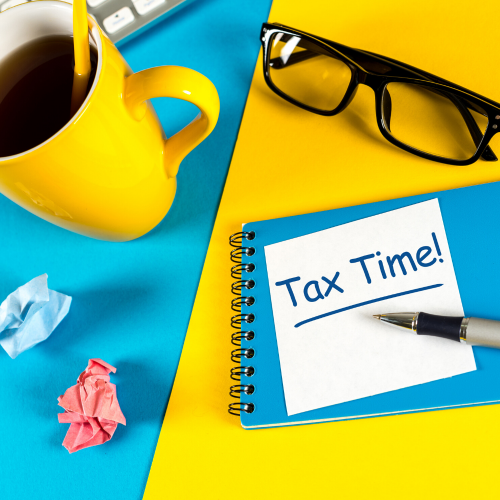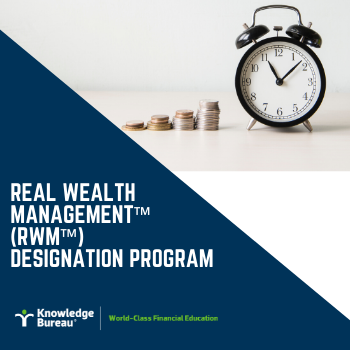Tax Season 2020: Refunds Not Likely Before March

Evelyn Jacks & Paula Baker
Filing a tax return is the first (and often most important) financial transaction of the year for most Canadian families. While Canadians love their tax refunds, they won’t start flowing this year until March, as CRA won’t accept your E-filed returns until Monday, February 24 and refunds likely won’t flow until at least March this year. Reality check: tax refunds are a poor financial planning strategy.
So many Canadians are excited about spending that tax refund on a trip with their families or other luxury that is otherwise out of reach. And who can blame them? Last year, the average tax refund was $1,740 and that’s a lot of money - about $145 a month that’s over-deducted from pay cheques. It can also represent refundable tax credits that are yours for the taking, just by filing a tax return.
But let’s face facts: this is also money being lent interest-free to the government for its use, rather than going to work to build wealth for you, in your own RRSP or TFSA.
Tax filing is really all about how much of your own money you get to keep, and that begins with making sure you only pay the correct amount of tax—no more—and that it gets into your pocket as quickly as possible so you can use it to pay down debt or save for your future.
That’s critical because the single most important financial question for most Canadians still is, “will I have enough?”
A first line of defense in making sure you do, is not to pay too much off the top of your human capital in withholding taxes. Ask your tax advisor about what you can do to reduce that risk. It is possible to make a request to reduce your withholding taxes in some cases, using form T1213 Request to Reduce Tax Deductions at Source.
The annual tax filing season also gives families a deliberate opportunity to look at last year’s financial results and rethink their savings opportunities.
Canadians love their tax refunds; many consider it to be a type of forced savings. It’s always amazing that so many people don’t connect the dots between their tax filing requirements, the time value of money and sound financial planning. None of that includes making an interest-free loan to the government for an extended period of time, in excess of your tax obligations.
Bottom line: It’s unfortunate that CRA will be holding up Canadians’ tax refunds for an extra two weeks again this year. Remember, the sooner the money is in your hands and the longer it stays invested, the more you’ll save in the long run. So, file your tax return—sooner, rather than later.
Additional Educational Resources: Knowledge Bureau’s Real Wealth Manager™ (RWM™) program, DFA-Tax Services Specialist™ designation

©2020 Knowledge Bureau Inc. All Rights Reserved.